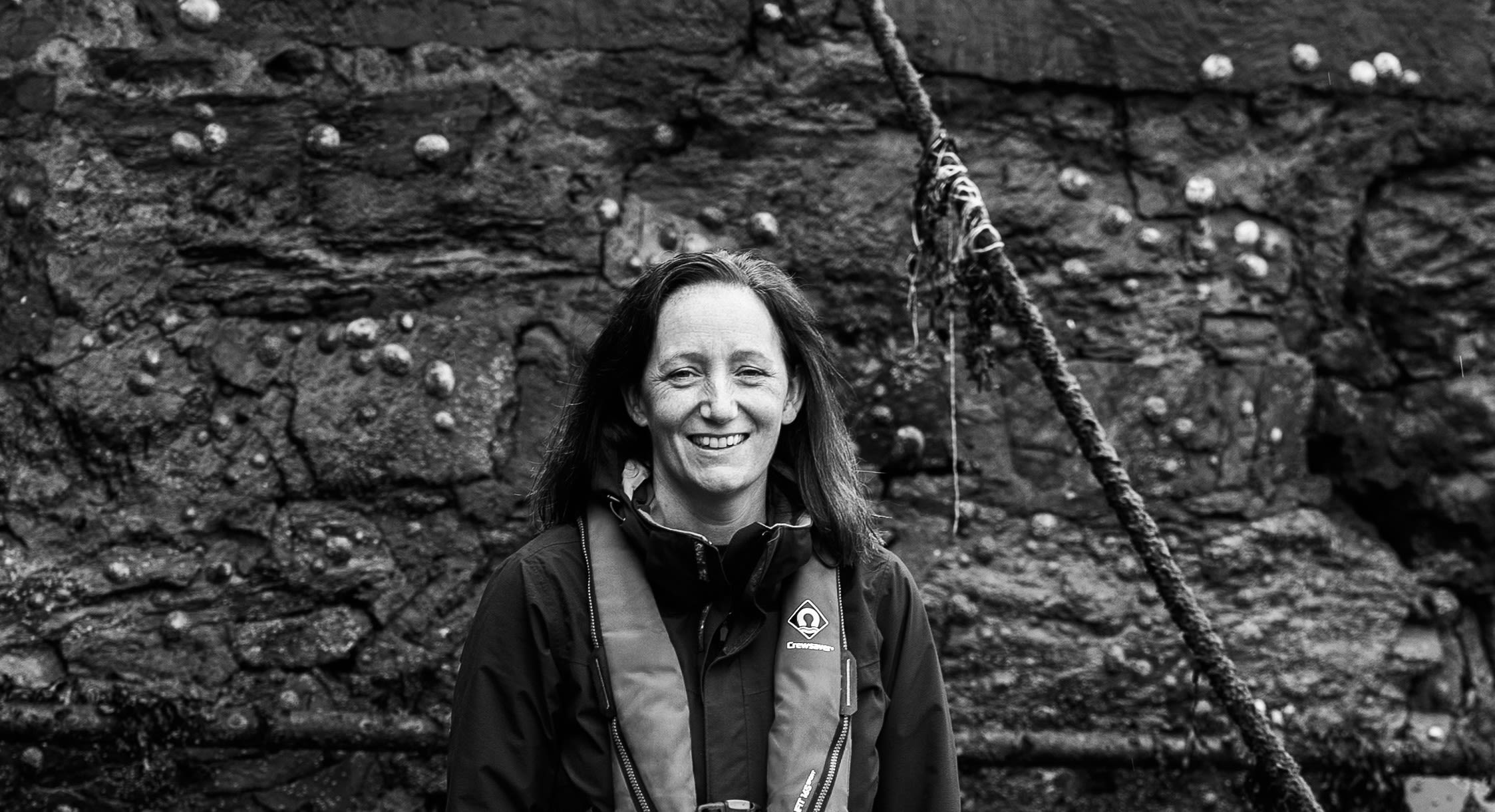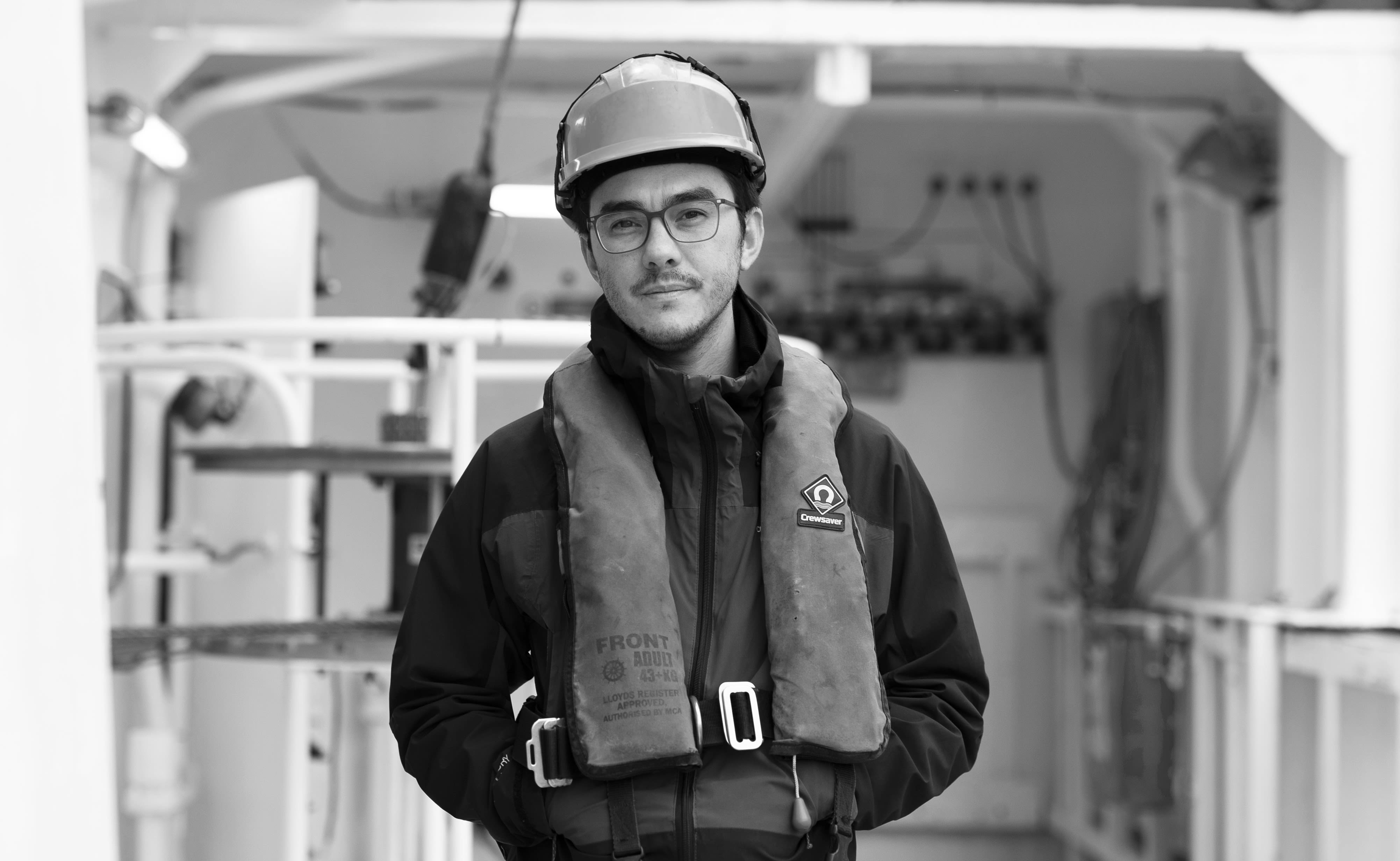The fight for the future of our oceans
Meet one of Europe’s most dynamic marine science teams
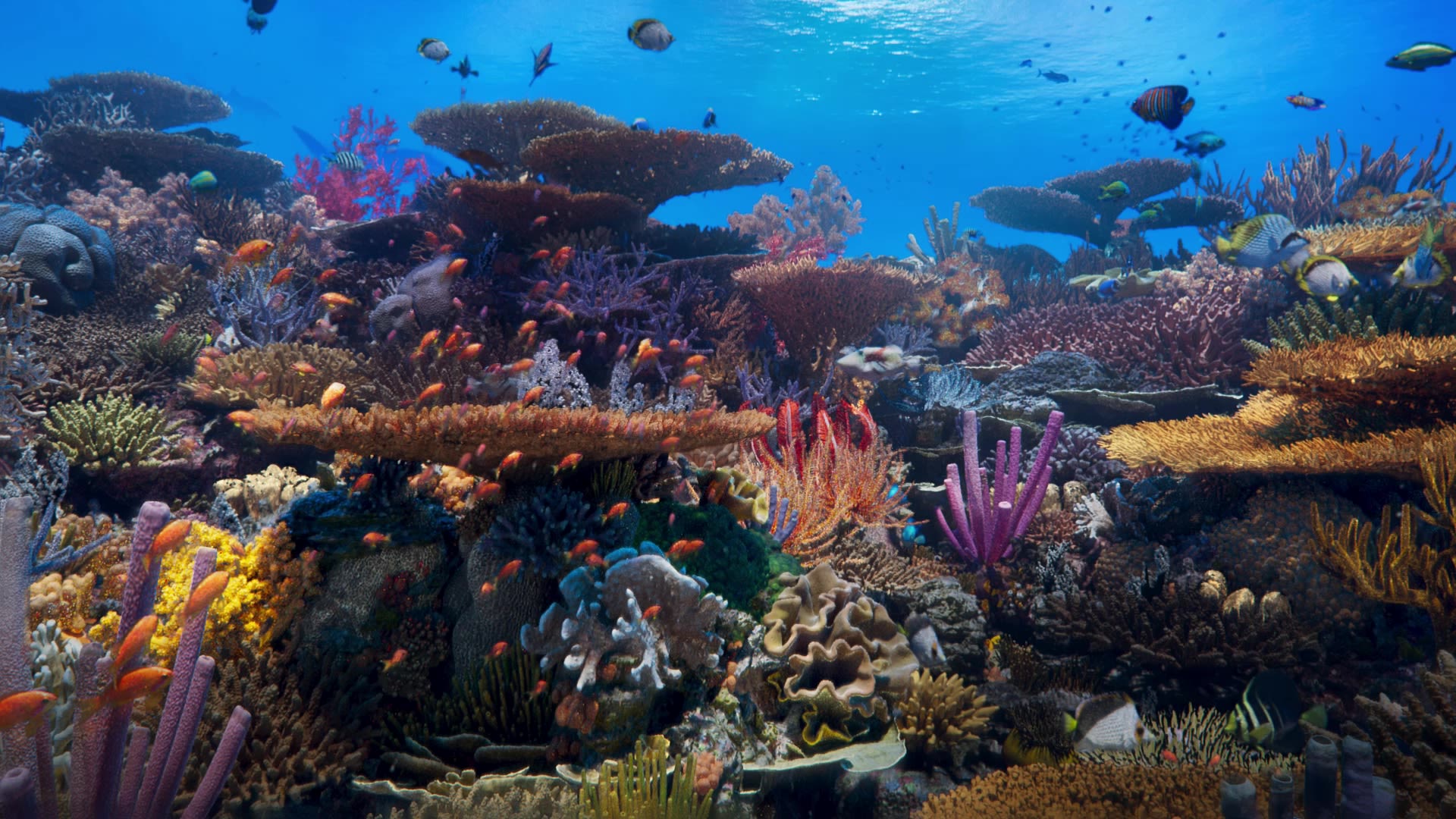
Ireland is an ocean nation. Our past, present and future are tied to the sea. But as the ocean changes - warming, acidifying, and facing growing pressures from industry and pollution - so too must our understanding of it.
At University College Cork (UCC), our community of marine researchers are leading the way. From the shoreline to the deep sea, from genetics to renewable energy, they are uncovering the secrets of our ocean and finding new solutions to protect it.
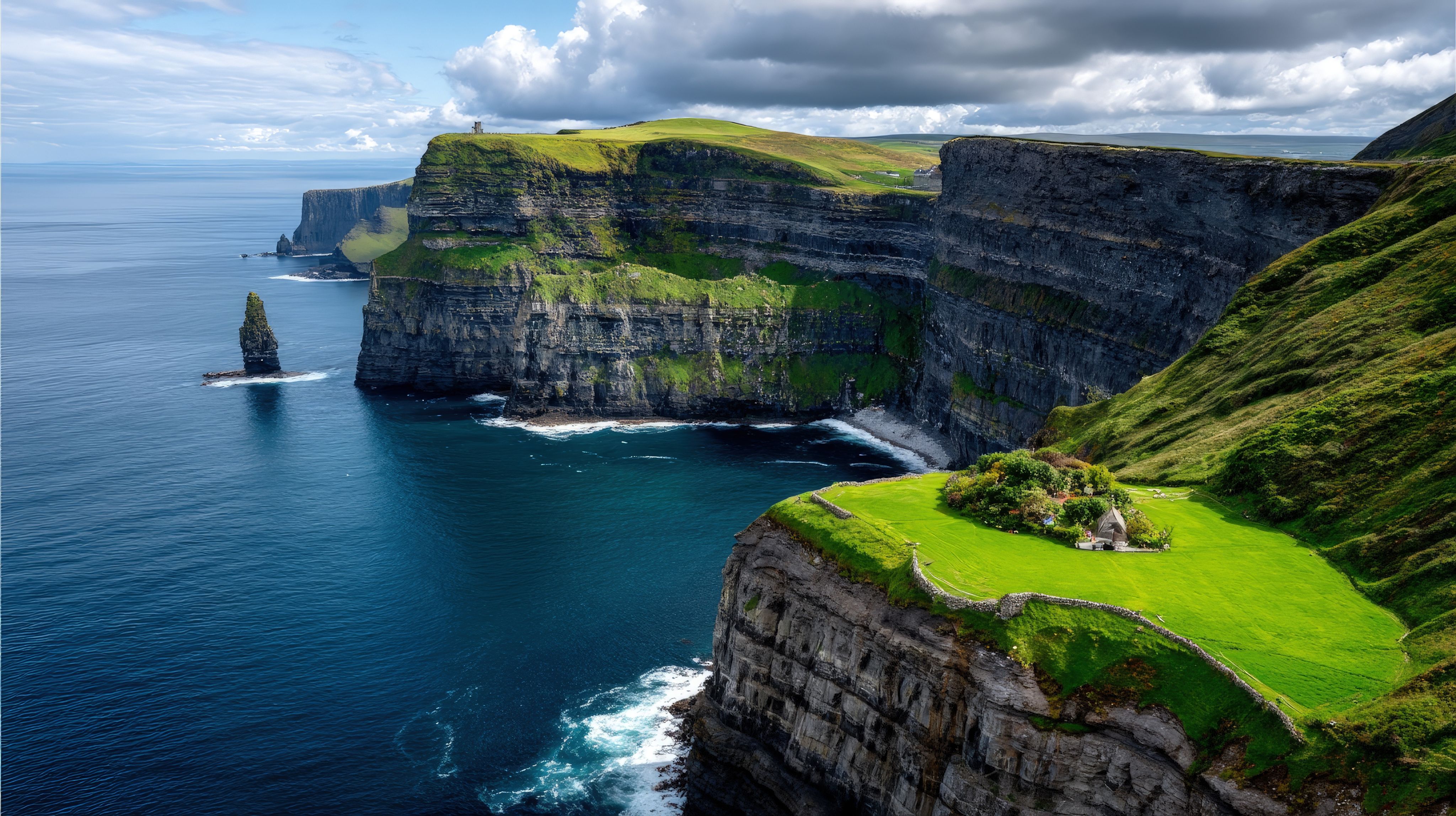

Life at the edge - where land meets sea
Coasts aren’t just where the land ends-they’re where human life and marine life constantly collide. Understanding that connection is key to protecting both. The vast majority of Ireland’s and global populations work and live near to the sea and coastal zones are disproportionately impacted by climate change, for example through sea-level rise. Coastal communities therefore face some of the greatest challenges - but also some of the greatest opportunities - in adapting to a changing ocean. At UCC, researchers are working not only to understand how coasts function as ecosystems, but also how we can design and govern them in ways that protect both people and nature.
"Importantly, we work directly with stakeholders from government, local authorities and society to identify threats from climate change, support adaptation planning and improve preparedness to reduce the risk when disaster situations arise."
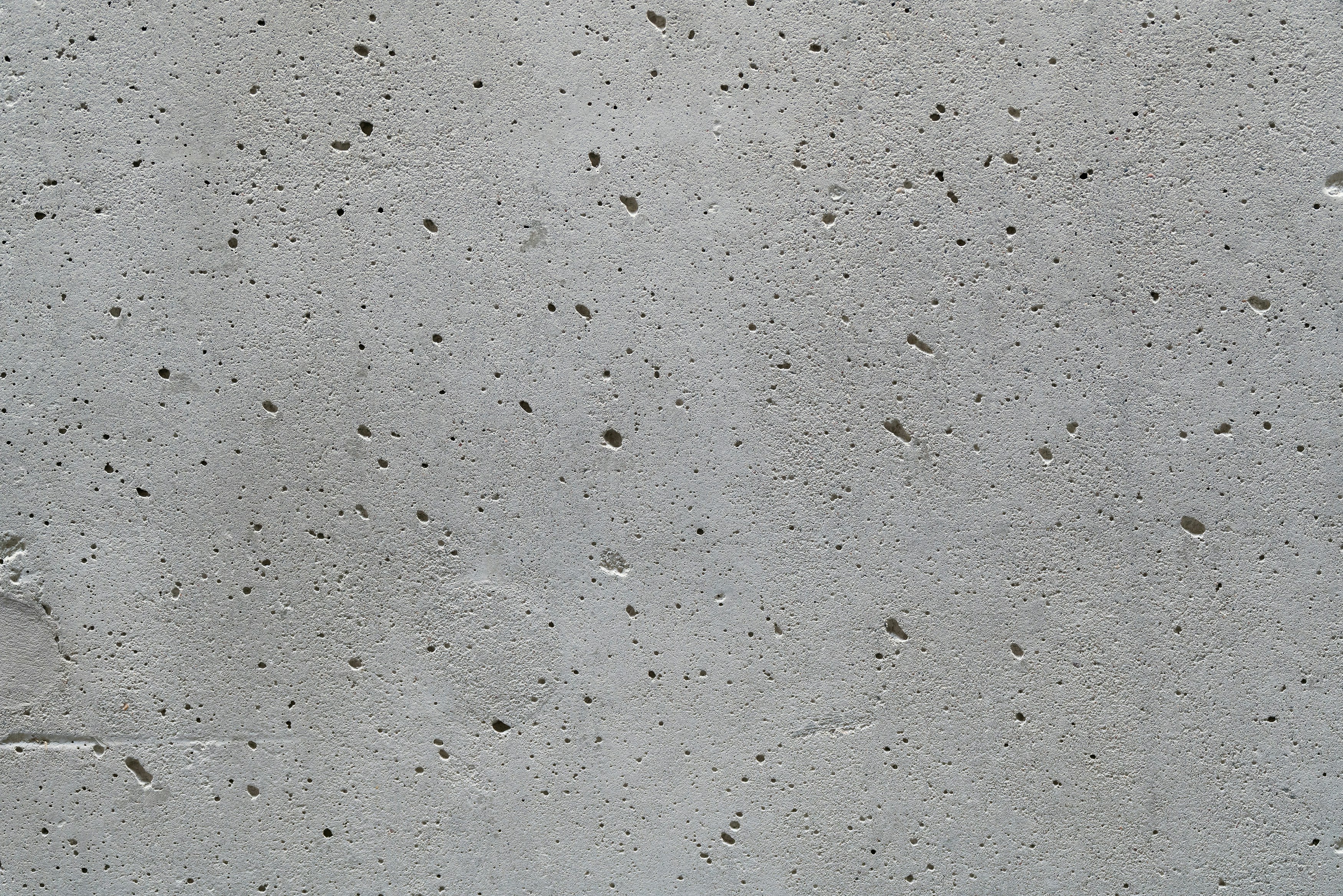

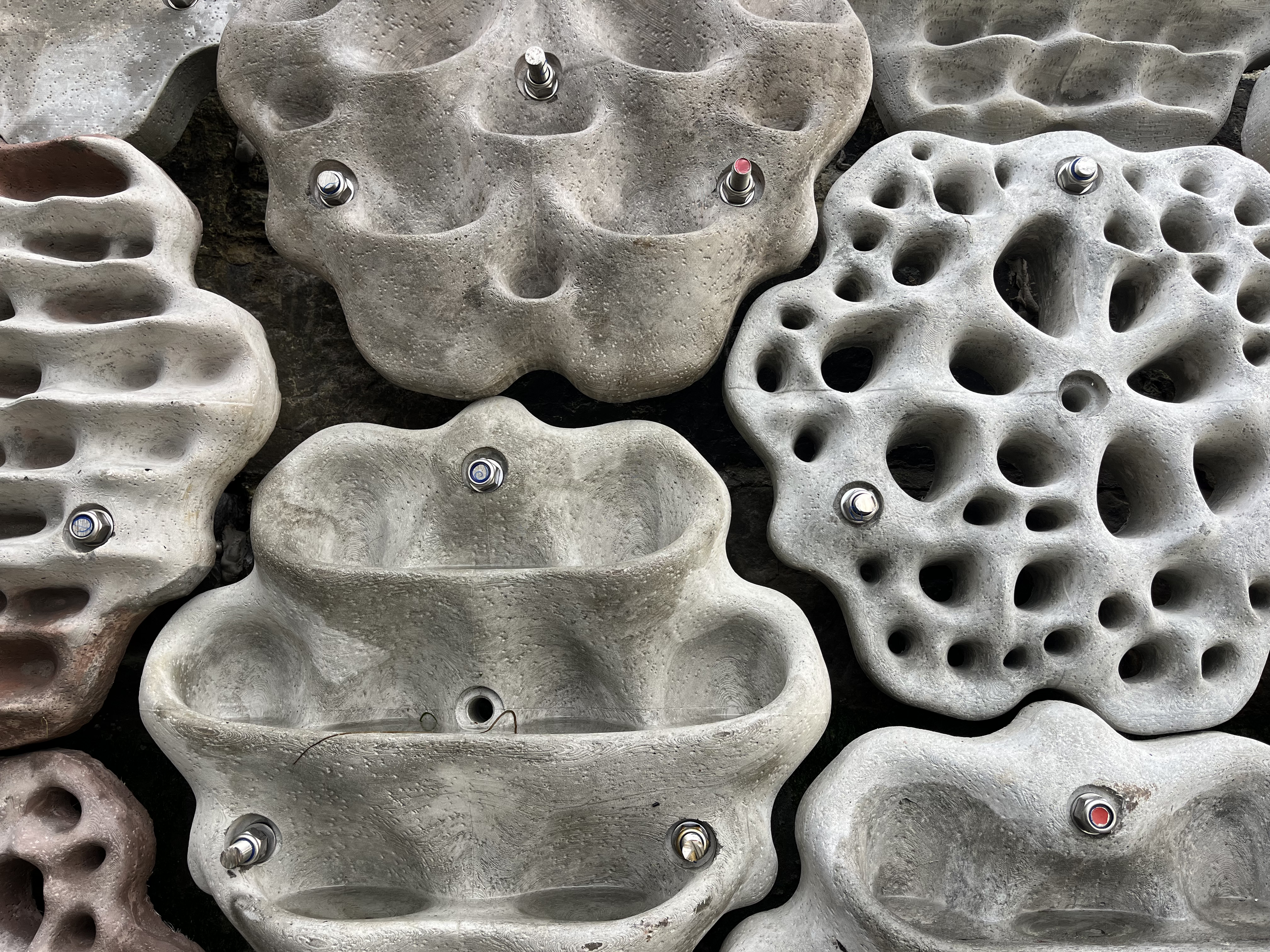
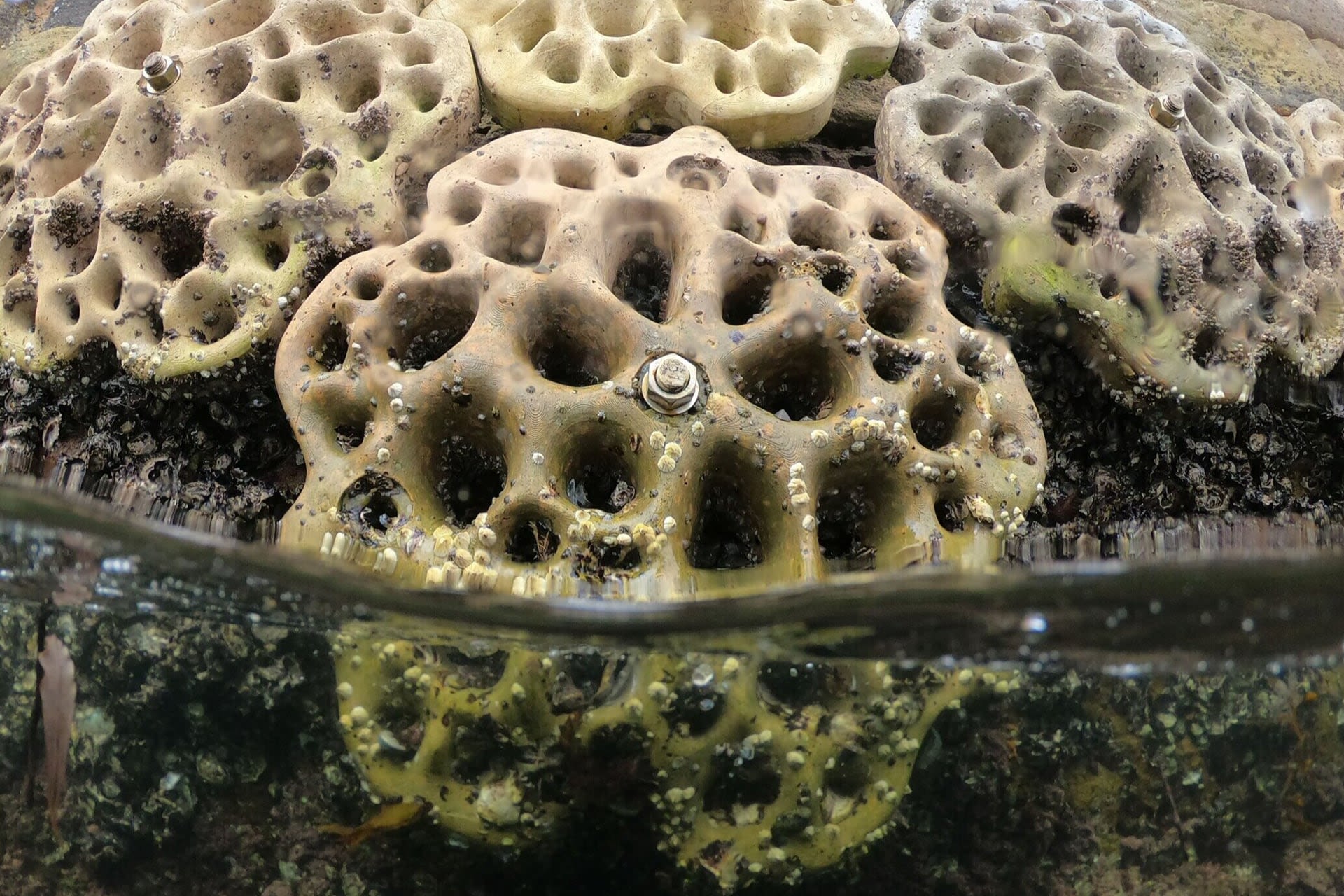
Marine Ecologist Dr Louise Firth works in the area of Eco-Engineering, including the construction of ‘living sea walls’ - man-made structures designed to mimic natural habitats.
Instead of smooth concrete, these sea defences incorporate textured panels, crevices, and surfaces that encourage marine life to colonise them.
"I am interested in the relationship between humans and coastal ecosystems and how this relationship has changed over time. I am particularly interested in developing novel ways of making space for nature in human-dominated environments."
- Dr Louise Firth
"We need to do everything in our power to protect the green and the blue. No matter how barren this habitat or this environment or landscape appears to be, we need to protect it, it is precious"
- Dr Louise Firth
Living sea walls can protect coastal communities from erosion and flooding while creating new habitats for biodiversity.
Wild waters - tracking ecosystems in motion
Beyond the shore, the ocean teems with life in constant motion. Vast expanses of open water are home to seabirds, whales, dolphins, and other highly mobile species. Tracking these animals across such huge areas is no small task - but UCC is leading one of Europe’s most ambitious programmes to do just that.
The ObSERVE Programme is a nationwide aerial-survey initiative, covering almost half a million square kilometres of Ireland’s marine territory. Using planes flying carefully designed transects, researchers record the abundance and distribution of seabirds, dolphins, whales, and even turtles throughout the year. The data from ObSERVE is transforming how Ireland understands and manages its offshore environment. It provides the scientific foundation for conservation measures, informs the design of marine protected areas, and supports decisions around shipping and offshore renewable energy.
“The project is trying to understand what is in Ireland’s offshore waters, what species occur there, at what times of the year, and whether they’re using particular parts of the Irish waters for breeding, feeding or migration.”
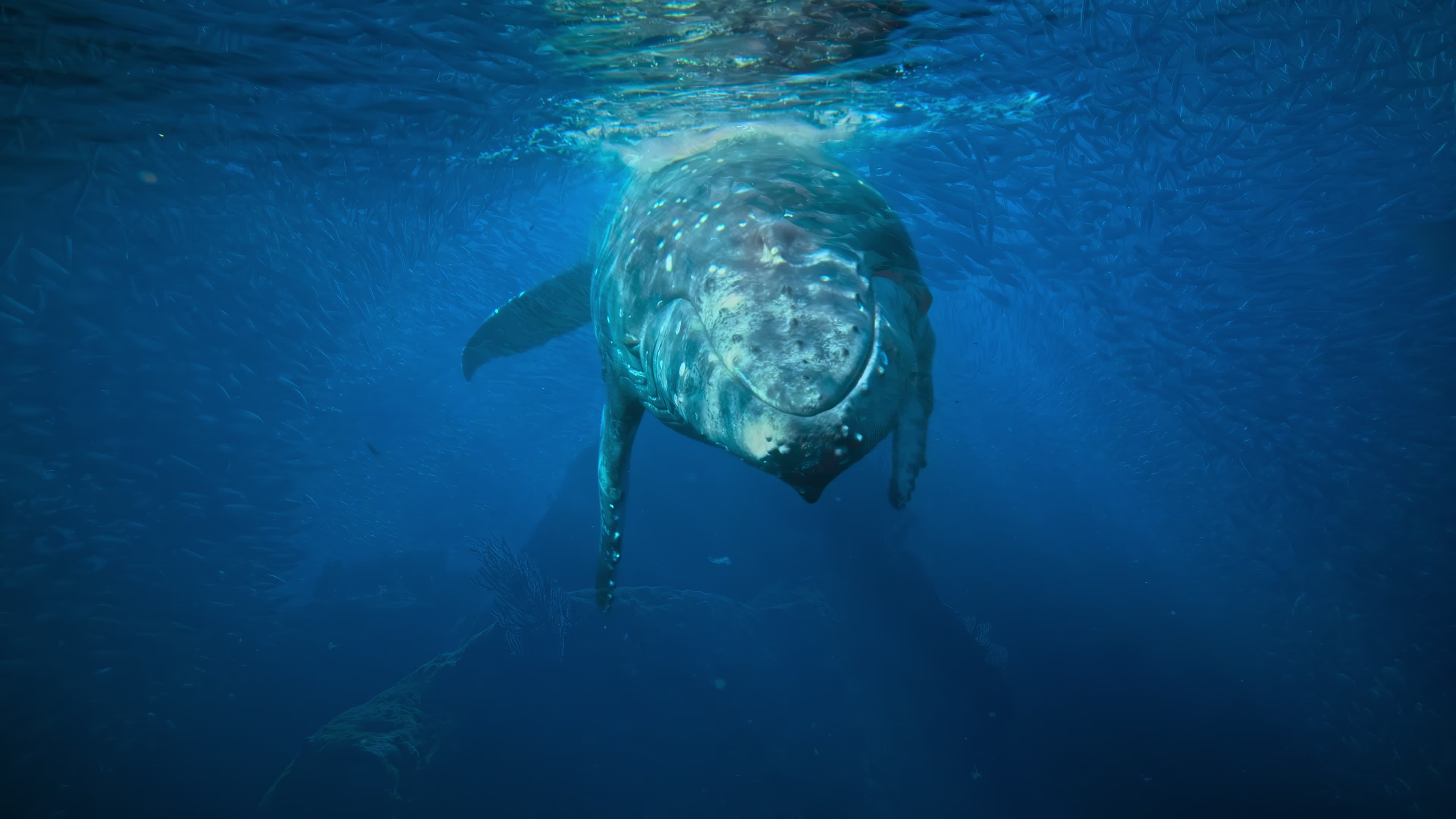
Genomics is giving scientists new tools to unlock how fish and other marine animals adapt to a rapidly changing world. At UCC, the research group of Dr Tom Reed and Prof. Phil McGinnity couples cutting-edge molecular techniques with traditional ecological fieldwork to explore how populations evolve, how resilient they are, and what this means for conservation and sustainable resource use.
Their research on Atlantic salmon and brown trout, for example, has shed light on the relative roles of genes versus environment in shaping life history traits such as whether fish migrate to the marine environment or stay in fresh water their whole lives. Understanding this phenotypic variation is critical as climate change, aquaculture, and fishing pressure alter marine ecosystems. Their group also examines how genes from farmed salmon can spread into wild populations when escapes occur—knowledge that directly informs aquaculture policy and conservation strategies.
“I am very excited by the power and promise of genomics for understanding the diversity and functioning of marine ecosystems. My work couples the use of molecular tools with more traditional ecological techniques to shed light on how populations of fish and other animals respond to rapid environmental change, and how we can use this information to ensure the sustainable use of aquatic bioresources.” - Dr Tom Reed
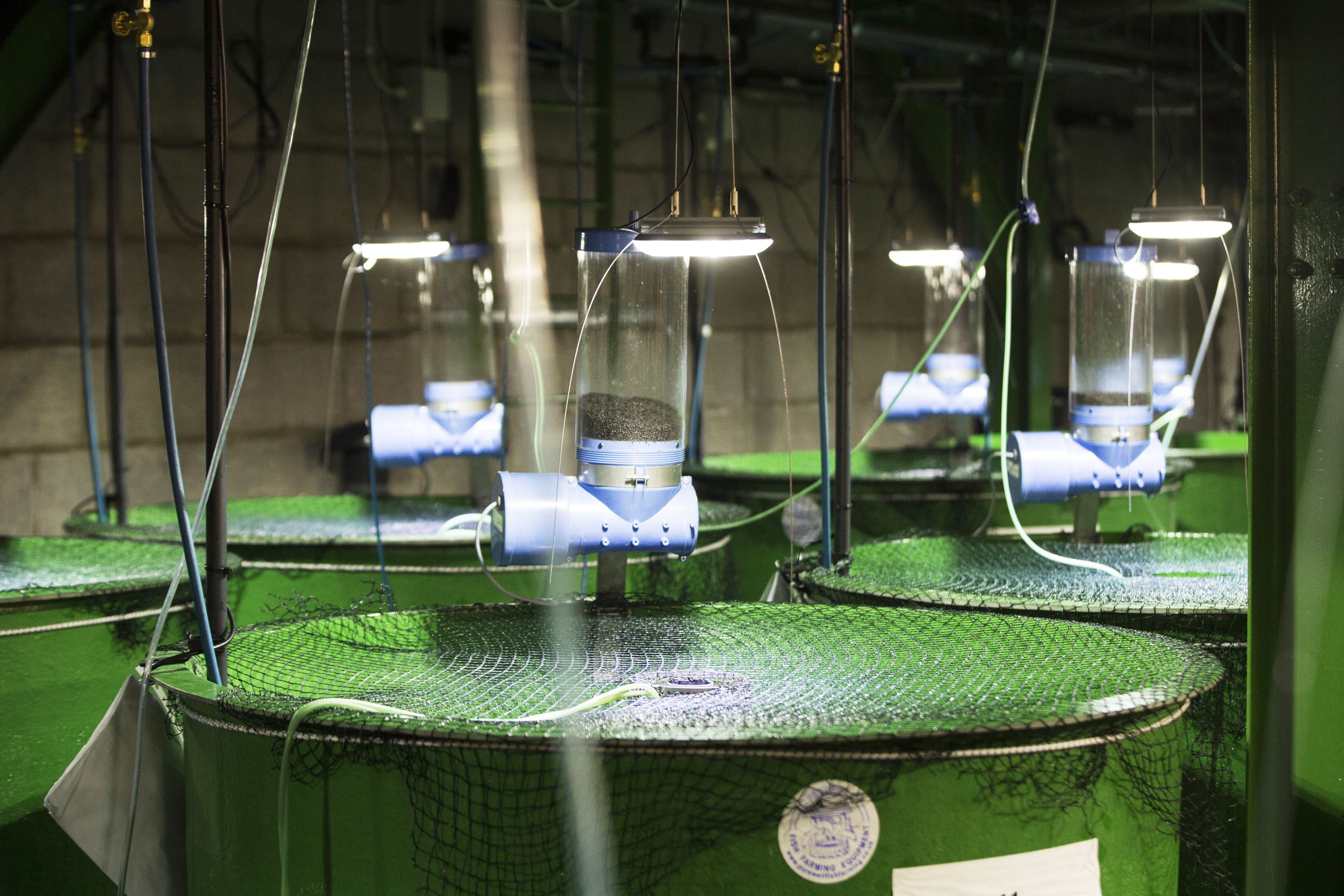
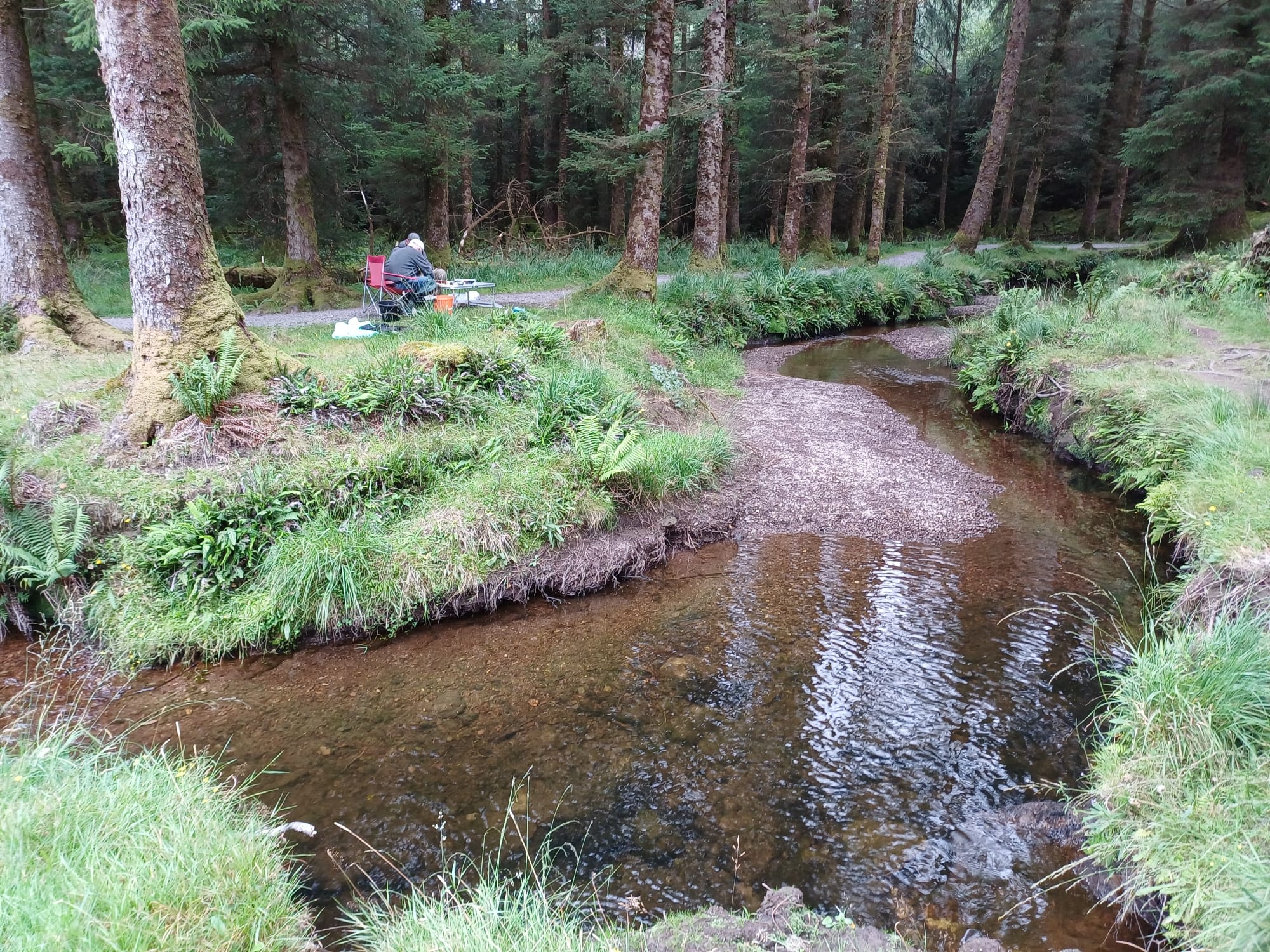
Into the depths - discovering the ocean’s hidden worlds
Far below the waves lies another Ireland-cold-water coral reefs, submarine canyons, and fragile ecosystems few have ever seen.
Professor Andy Wheeler, a pioneer in deep-sea exploration, has mapped some of Ireland’s most extraordinary seabed features, including vast coral mounds that act as biodiversity hotspots.
“I returned this summer from the mid-Atlantic deep-sea exploration campaign sampling extinct submarine volcanoes with remotely operated vehicles 1000km west of Ireland at 2600m water depth," says Professor Wheeler. "This is so exciting because no-one has ever been (even remotely) to this part of the planet before and we discovered amazing deep-sea coral rich habitats, dramatic submarine landscapes and collected rock samples for analysis. This research is important because we suspect this volcanism was associated with the early opening of the Atlantic and released huge volumes of CO2 causing the last major greenhouse gas-induced climate warming and mass extinction (the Palaeogene-Eocene Thermal Maximum)."
"Understanding how our planet has regulated past climates helps us understand what may be happening today."
Dr Aaron Lim leads the I-POINt (Instability and Pollution Potential Mapping of Irish Shipwreck Sites for a National Risk Assessment Database) project, which focuses on identifying, mapping, and ranking shipwrecks around Ireland based on their potential to pollute marine environments.
Last summer Dr Lim extensively mapping coral reefs and shipwrecks, inlcuding this German U-BOAT which was scanned offshore Ireland.
The scans revealed that it was still covered with torpedos.
The project uses innovative techniques including multibeam sonar, magnetometry, and ROV-based photogrammetry to analyze and assess the risk posed by these shipwrecks.
This research highlights the role of shipwrecks as unique marine ecosystems as well as their potential hazards for pollution, navigation, and marine resources.
Powering the blue future
“I’m excited about the potential of efficient new technologies to harness marine renewable energy and drive the decarbonisation of our energy supply."
Ireland’s Atlantic waves carry enormous untapped energy - and UCC is helping to harness it in ways that are both sustainable and sensitive to the marine environment. Prof Gregorio Iglesias, Professor of Marine Renewable Energy, leads pioneering work on the design and testing of wave energy converters and offshore energy systems.
His research not only develops new technologies to capture clean power from the sea, but also studies how these devices interact with coasts and ecosystems. By modelling wave farms at scale, Iglesias and his team can assess how installations might alter coastal erosion, influence habitats, or provide new protection for vulnerable shorelines.
This work directly connects climate action with ocean stewardship: creating renewable energy systems that support Ireland’s transition to net zero while coexisting with corals, fish, and coastal communities.
One ocean, many stories
From intertidal rock pools to deep-sea canyons, from the genes of salmon to the physics of waves, UCC’s marine researchers are tackling the ocean’s greatest questions together. Their work reflects not just the scale of the challenges ahead, but the power of multidisciplinary collaboration - ecology, engineering, genetics, and governance converging to meet the complexities of a changing sea.
Words: Aoife Corcoran, Louise Firth, Aaron Lim, Andy Wheeler, Tom Reed, Jeremy Gault, Gregorio Iglesias. Images & Vision: Clare Keogh, Louise Firth, Tom Reed, Aaron Lim.
Our ocean is complex - and so is the expertise it takes to protect it. At UCC, scientists from across disciplines are working together, from the shoreline to the deep sea, shaping a sustainable ocean future. This is the vision of UCC Futures - Sustainability: harnessing world-leading research to address global challenges. Join us, there is still so much to discover.
